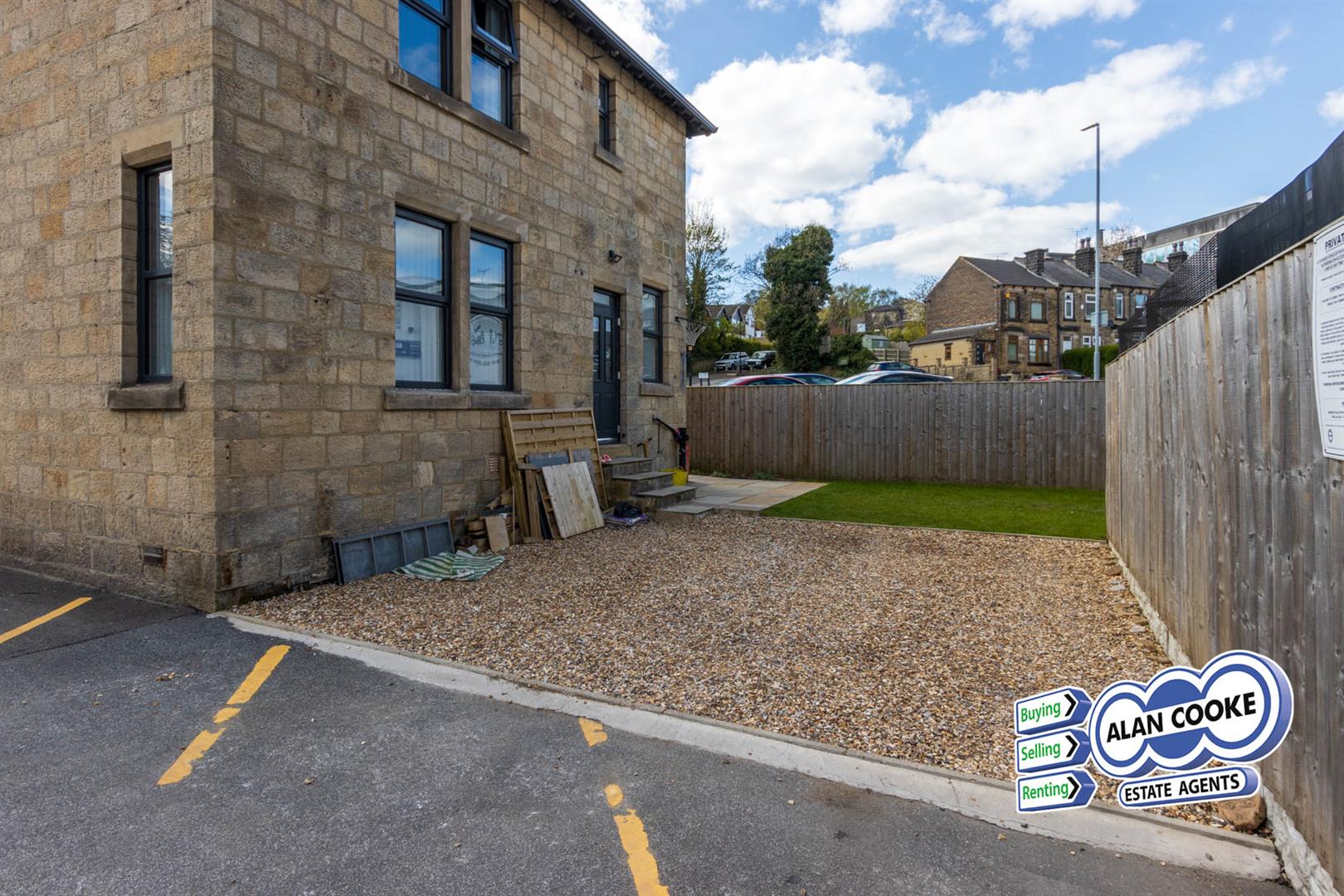
Deciding to move is a significant step, and one of the first questions you might ask yourself is whether to sell your current home before buying a new one, or vice versa. While both approaches have their pros and cons, the majority of real estate professionals often advise putting your property on the market before, or at least simultaneously with, starting your search for a new home. Here’s why selling first might be the smarter move:
1. Credibility in the Marketplace
One of the primary reasons for listing your home before looking for a new one is to build credibility with other agents and sellers. When your property is already on the market, it signals to everyone involved that you are serious about moving. This is not just about ticking off a box; it’s a strategic move that positions you as a committed and credible buyer in a competitive marketplace.
When you make offers on potential new homes, sellers will view you as a legitimate prospect rather than someone who is just browsing. Your offers will be taken more seriously, and if a figure can be agreed upon, it may be accepted on a conditional basis—“acceptable when you have sold.” Essentially, you are putting down a marker and expressing a strong interest in the property, which can be a powerful negotiating tool.
2. ‘Marking Your Territory’
By having your property on the market, you effectively ‘mark your territory’ in the housing market. This doesn’t just mean expressing interest; it shows that you are ready and willing to move forward once the right opportunity presents itself. Sellers are more likely to engage with buyers who have demonstrated that they are in a position to act quickly, and having your property for sale does exactly that.
3. Mitigating Risks and Concerns
A common concern for many homeowners is the fear of selling their home before finding a new one. This worry often revolves around the possibility of agreeing to a sale and then being unable to find a suitable new property, leading to a potentially awkward or rushed move.
However, the benefits of selling first generally outweigh these risks. When you market your home, a good real estate agent will work diligently to find a buyer who aligns with your needs and circumstances. Some buyers may be in a position to move quickly, while others might be more flexible, allowing you extra time to secure your next home. This tailored approach can alleviate much of the pressure, giving you the confidence to move forward with your plans.
4. Retaining Control Over Your Move
One of the most reassuring aspects of selling your home first is that you retain complete control over the process. If, for any reason, you are unable to find a new home that meets your needs, you simply do not proceed with the sale. It’s your home, and ultimately, no one can force you to move. This level of control provides a safety net, ensuring that you only move when the timing and circumstances are right for you.
This flexibility means that you can take your time to find the perfect next home without feeling rushed or pressured. Additionally, it allows you to navigate the market with a clear sense of purpose, knowing that your current home sale is already in motion.
5. A Smooth Transition
If you sell your current property before buying a new one, you also reduce the likelihood of needing to manage two mortgages simultaneously or facing the financial burden of carrying two homes at once. This approach can lead to a smoother transition, both financially and logistically, as you are able to align the timelines of your sale and purchase more effectively.
Final Thoughts
Ultimately, the decision to sell or buy first depends on your personal circumstances, market conditions, and your appetite for risk. However, putting your property on the market before beginning your home search generally places you in a stronger negotiating position, enhances your credibility, and provides a sense of control over the moving process. It demonstrates to sellers and agents that you are serious about moving, and it allows you to navigate your next steps with confidence and clarity.
Remember, you’re in control of your move. With the right approach and professional guidance, to sell first can be a strategic and empowering step towards finding your new home.
Want to learn more? Contact us today


